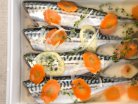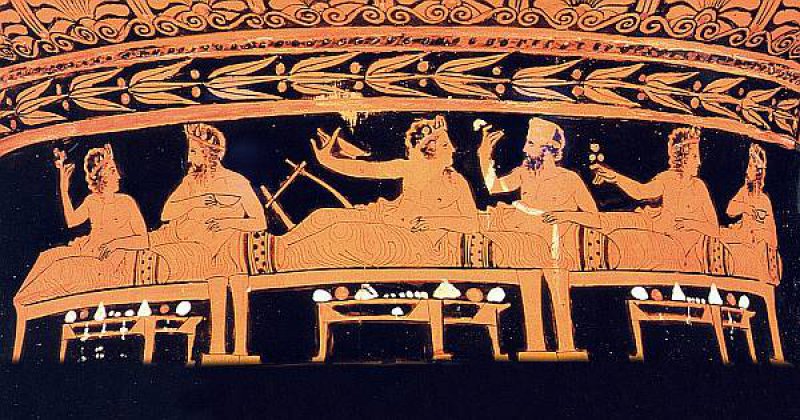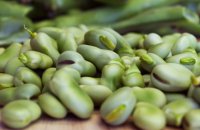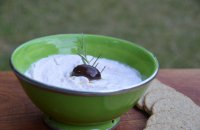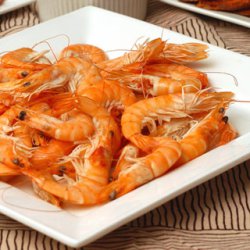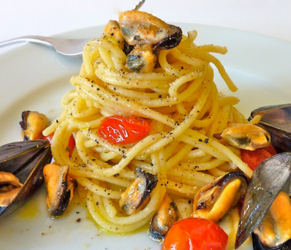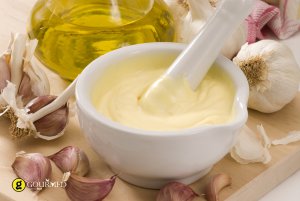With their daily diet consisting mainly of cereals, legumes, vegetables, wild greens, roots, fruits, and different varieties of fish, the ancient Greeks were mostly vegetarians. They reserved the term vegetable for all greens, while the term herbs was reserved for spices. This distinction is still employed today in various parts of Macedonia and Epiros. Ancient writers distinguished over one thousand plant species, including scores of detailed descriptions concerning each plant’s particular qualities, as well as their kitchen and medicinal applications.
The writings of Thephrastus, an individual who had set up a pilot farm in Athens, provide handy instructions for cultivating and growing fruit-bearing trees including fig trees, olive trees, almond trees and pot plants. Even Homer, whose monumental works do not make detailed gastronomic references, makes a total of 80 specific references to plant and tree species. Among those cited are the crocus, lentisk, leek, moss, wild carrot, prickly bush, mallow, and poppy.
No less considerable are the gastronomic accounts bequeathed to us by Athenaeus (170-230 AD) in his "Deipnosophists." The historian discusses the emollient qualities of the mallow, the sub-acid taste of the sorrel, the vegetable texture of the nettle, the aphrodisiac qualities of bulbs, while also referencing the asparagus, fennel, caper, oregano, sage, laurel, rosemary, fig tree, grapes and pomegranates.
Athenaeus notes that households in ancient Athens would consistently maintain supplies of salt, oregano, vinegar, thyme, sesame, raisins, caper, eggs, salted fish, cress, figs, olives, and olive oil, among many other things. The Greeks made considerable use of herbs as condiments for bread and stuffed pies ("Plakountes"). The most common herbs used in bread-making were spearmint, oregano, thyme, dill, and nutmeg. According to Athenaeus, a prevalent Athenian specialty was the "roasted pasta with honey and olive oil are served over laurel leaves." Artemidorous, one of Aristotle’s disciples, described a piquant dish which consisted of tender meat, animal intestines and blood, spiced with vinegar, roasted cheese, cumin, coriander, poppy seeds, honey, raisins, and sour pomegranate seeds.
The historian Apicius, a renowned organizer of gastronomic symposia, had his meat dishes dressed with herbal sauces. He used a sauce for boiled tuna made from “pepper, thyme, aromatic herbs, onion, dates, honey, vinegar, olive oil, and mustard." His sauce for game consisted of “eight gr pepper, dried mint, and three gr bog-bean." For fried coquettes it was simply, “pepper, cumin, oregano, onion, wine, and olive oil.” He then explained that you must “thicken the sauce in the pan with flour and then serve." Such recipes were esteemed across Athens as exquisite delicacies.
The Cuisine of Ancient Greece
Based on archeological findings and ancient texts, it seems that ancient Greek cuisine was largely vegetarian.
Country:
Category:









































